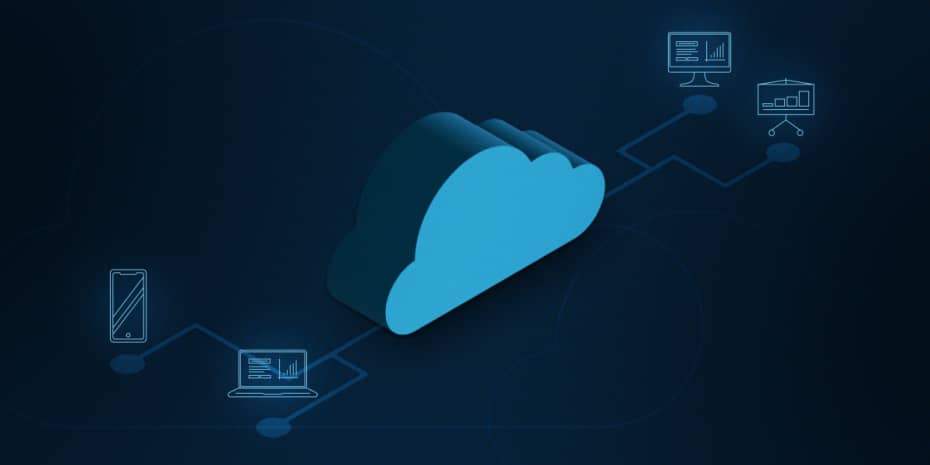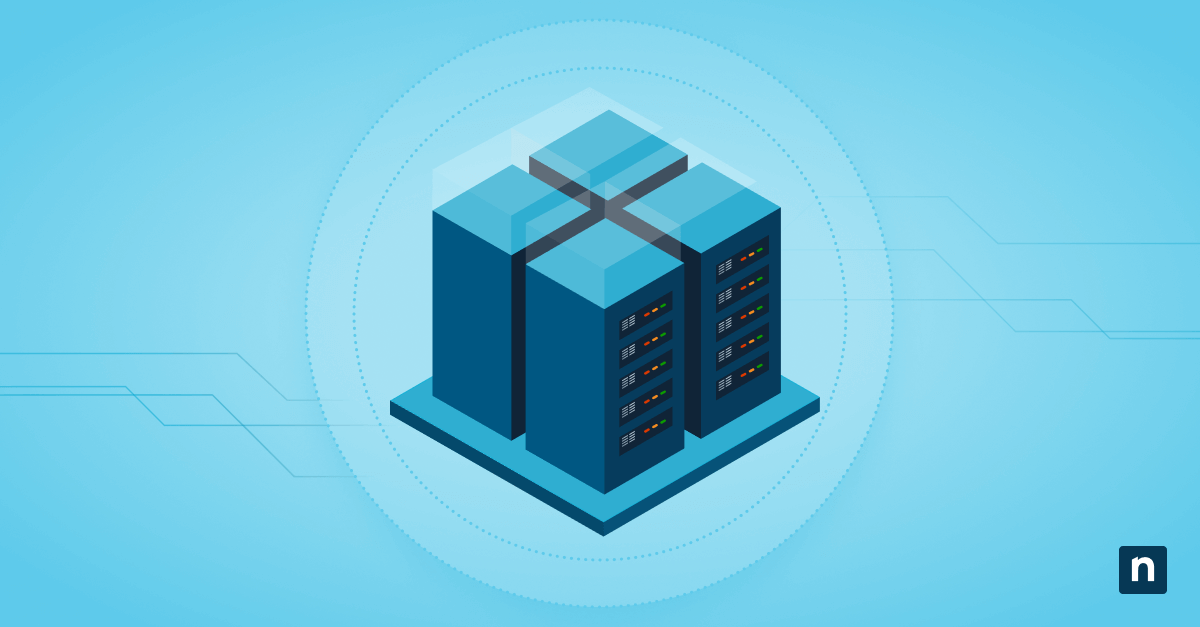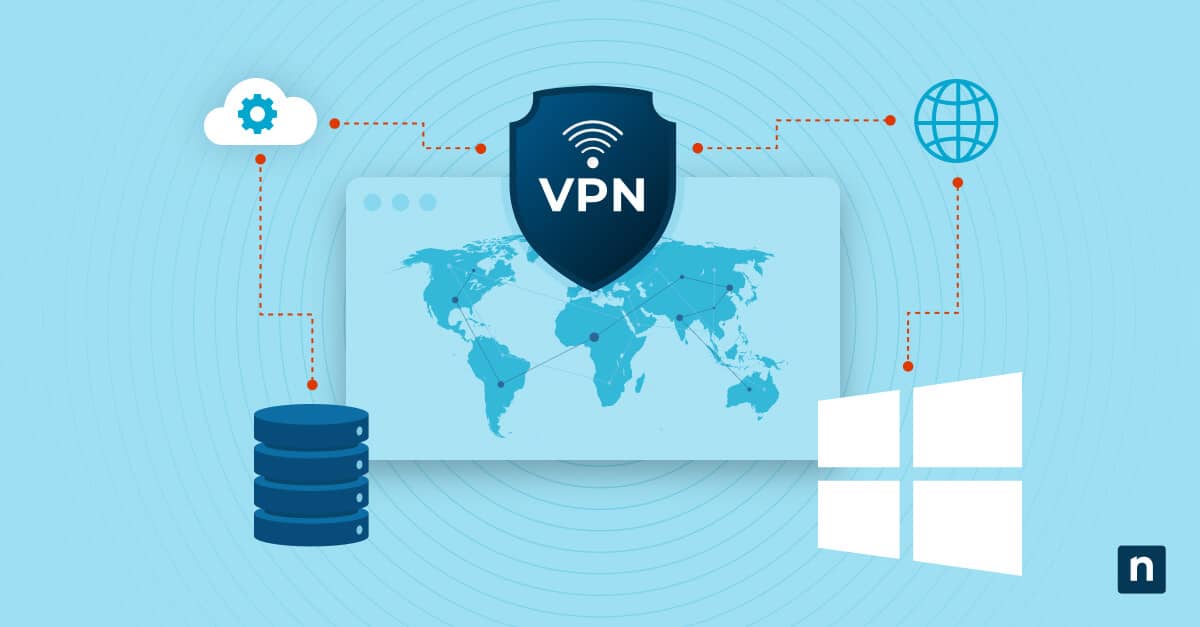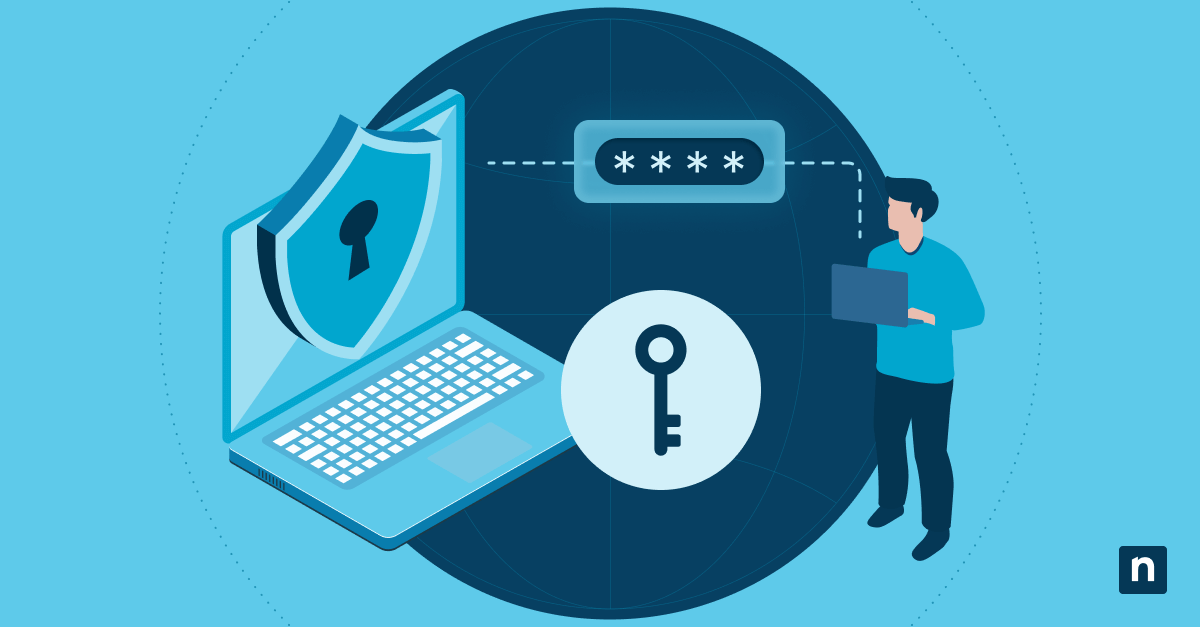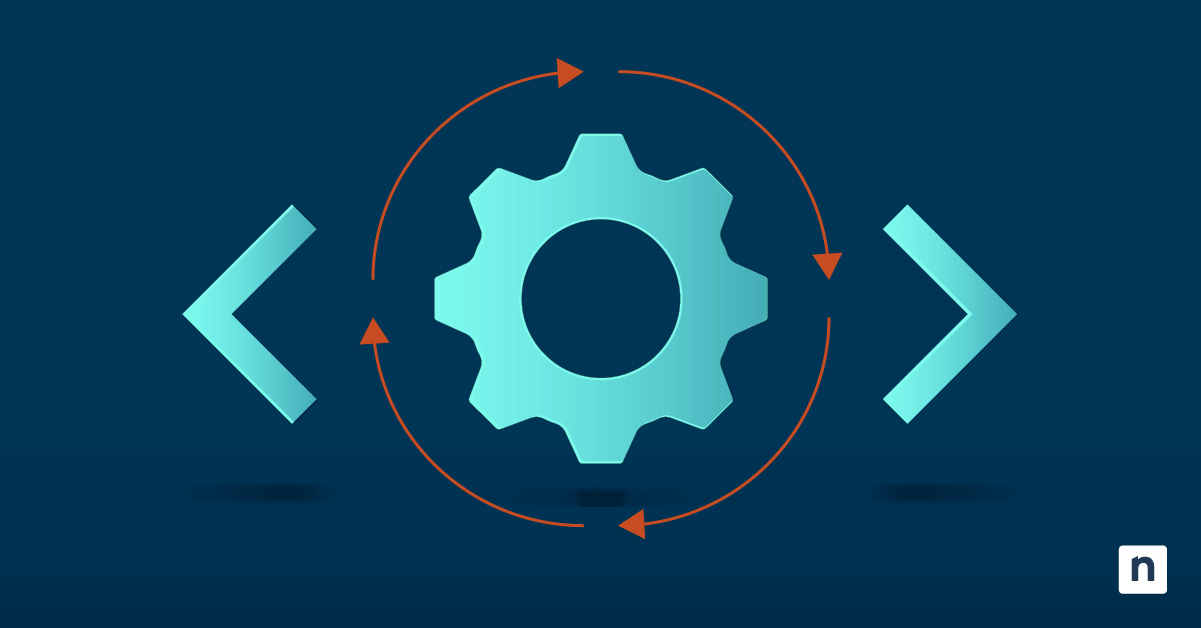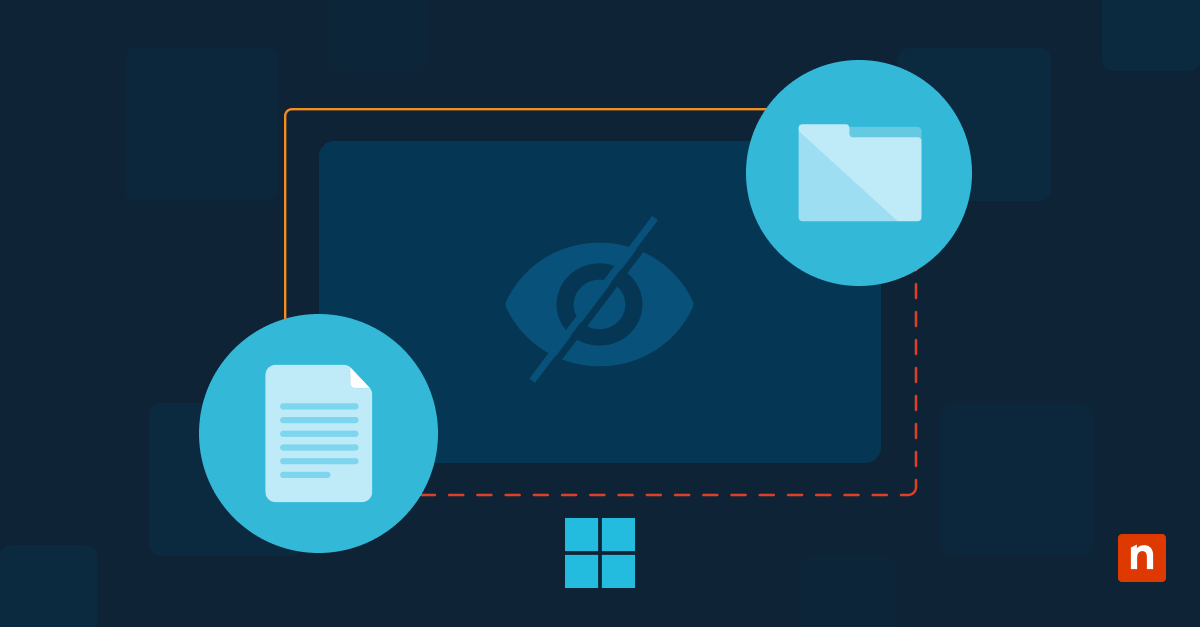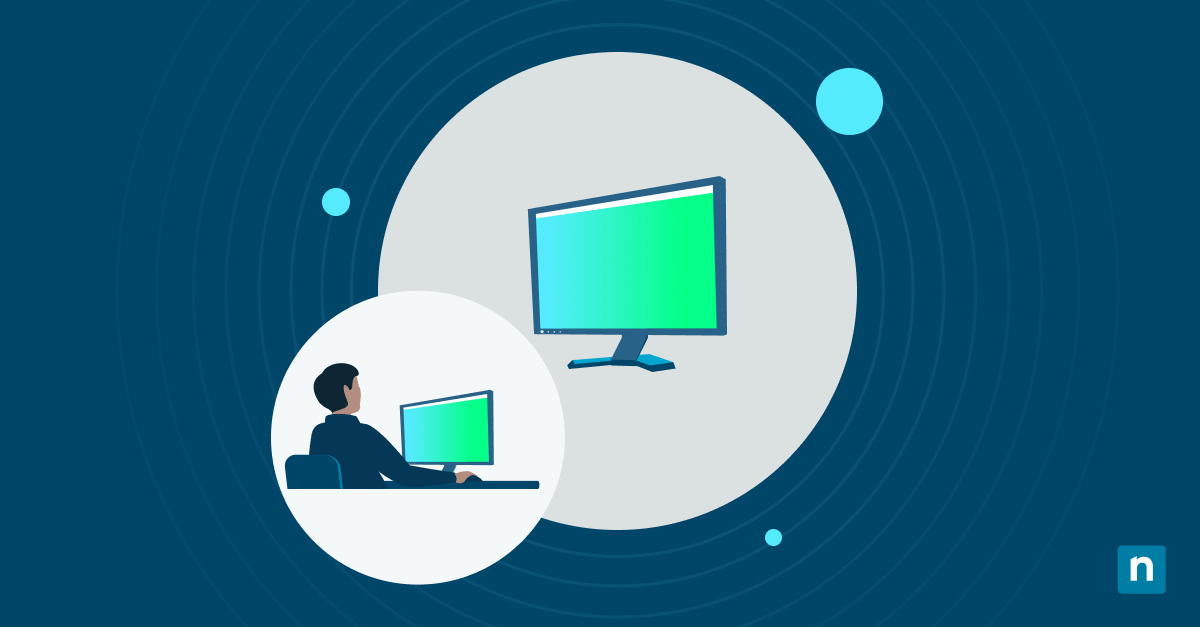While the cost of data loss for businesses is currently increasing, Teramind’s data loss statistics show that automated data loss prevention measures help save 3.58 million per breach. Backup as a Service (BaaS) is a service that allows businesses to outsource their data backup to a third party, thus removing the need to backup data at a local workspace. This overview will provide a closer look into BaaS to help you decide if it’s the right choice for your organization.
What is backup as a service (BaaS)?
Backup as a Service (BaaS), not to be confused with SaaS Backup, is a service that allows businesses to outsource the management of their data backup to a third party. It’s one of the best data backup and recovery methods for professionals, and the service and its terms are outlined in a contract along with a service-level agreement (SLA).
The difference between online backup & BaaS
Although BaaS is similar to online backup, there is a difference between the two. Online backup is the process of using the cloud to store data, while BaaS is a service in which a third party manages data and backs it up to a safe repository in the cloud.
Pros and cons of BaaS
When choosing the right type of backup for your business, a pros and cons list always comes in handy. Here are some of the pros and cons of BaaS to consider:
Pros of BaaS
-
Saves time and resources
Outsourcing your data management to a third party takes the responsibility off your hands. It allows you to devote your time, attention, and resources to other tasks.
-
Provides remote access
StrongDM’s remote workforce overview clarifies that the amount of remote jobs in the U.S. has grown three times since 2020. With BaaS, remote employees can easily access data from any location that has access to the cloud.
-
Supports scalability
As a business grows, it accumulates more data that needs to be protected and managed. BaaS supports scalability, allowing your business to take its success to new heights.
-
Protects & secures information
If information is lost or compromised, businesses can receive up-to-date data from their BaaS provider. Additionally, BaaS providers store information in data repositories that are heavily encrypted to ensure that all data remains secure and in the right hands.
-
Expert data management
BaaS providers are experts in the IT industry, so when you partner with them, you are placing your data into the hands of skilled professionals. This is an ideal situation, especially for businesses who don’t have a lot of experience in IT.
Cons of BaaS
-
Increased costs
Since BaaS is a subscription service, providers bill either monthly or yearly. Technically, BaaS does increase costs since it is a service that requires payment. However, the amount of time and resources it saves makes up for the expense.
-
SLA’s work both ways
It’s important to keep in mind that service-level agreements, or SLA’s, work both ways, and BaaS providers can use them to their advantage. For instance, if a BaaS provider has 24 hours to restore data, they can use the entire 24 hours even if the process should only take two.
-
Compliance issues
BaaS requires organizations to share data with a third party, and this data is often confidential or critical to a business’s success. Even if the data is encrypted, allowing a third-party to manage it can create compliance issues.
-
Sole option for data recovery
BaaS places all an organization’s data in the hands of a third party, making it the sole option for data recovery. Placing the management of data in someone else’s hands is risky, especially if it’s your only method in place for data backup.
What to look for in a BaaS provider
Service options
Every organization faces unique challenges, and the best BaaS providers offer services that can adapt to the unique needs of a business. In addition to basic solutions, your BaaS provider should also offer customizable services.
Client support
Before entering into a partnership or agreement with a BaaS provider, take note of the support they offer for clients. If they have top-of-the-line support and availability, they might be a great fit.
Recovery plan
To ensure that you receive the data you need in case of a disaster, it’s always a good idea to take a look at a BaaS provider’s disaster recovery plan (DRP), which outlines the provider’s plan of action in case of an emergency.
Subscription cost
As previously mentioned, BaaS is a subscription service. This means that an organization can take the cost, the type of subscription, and additional fees into account when choosing a provider.
Provide superior IT services with NinjaOne’s RMM
NinjaOne’s RMM software supports IT professionals and MSPs that offer BaaS for organizations. With NinjaOne, IT professionals are able to provide the best service possible for their clients by using tools such as RMM, endpoint monitoring and management, patch management, remote access, and more. Start your free trial, and partner with NinjaOne to provide superior IT services for your clients.

